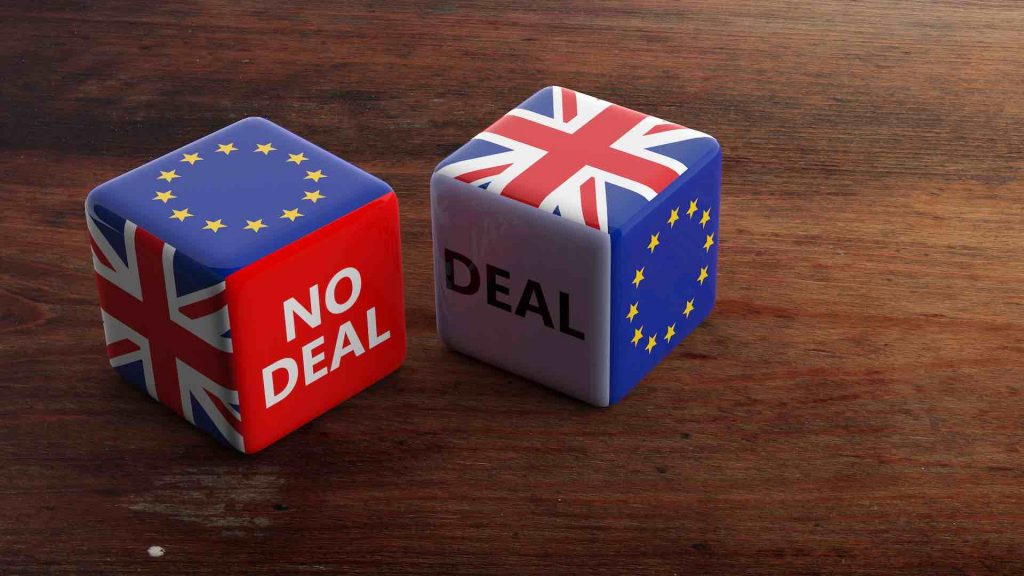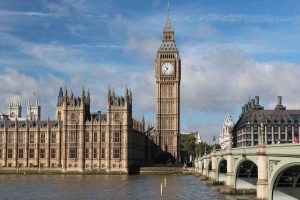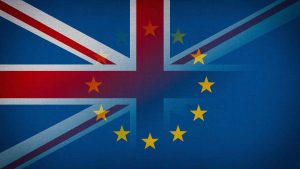As was discussed on a recent webinar, there’s some challenges ahead regarding GDPR and the end of the Brexit transition period – i.e. what happens from 1st January 2021 in terms of what might happen if the EU and UK can’t agree to a position on GDPR compliance, which in turn will have impact on EU to UK data transfers. In the case of a no-deal GDPR Brexit the UK will be treated like other non-EEA countries which will ultimately have implications for EU to UK data flows, the need for UK businesses to answer to other data protection regulations (not just the ICO) and have EU representatives if they process EU citizen data.
The advice right now is probably prepare for a no-deal Brexit and consider the implications for your business if you have dealings with EU data. But even if a deal is sorted, there are still some questions about whether the EU will grant a GDPR adequacy decision (one of the non-EEA transfers/processing safeguards required by GDPR). This may seem silly given the UK has been operating under the EU GDPR since it came into force in 2018, but there are a number of issues which could mean the UK won’t get an adequacy decision:
- there are exemptions in DPA2018 relating to data processed for immigration purposes which could mean non-UK data subjects data won’t necessarily be processed according to EU standards
- the UK’s data retention provisions for electronic telecommunications data are not compatible with the EU’s expectation of implementation of the relevant EU regulation (the “EU acquis” which means it should be implemented the same across all EU member states)
- questions around mass surveillance and the UK’s data protection framework relating to national security and processing by law enforcement agencies
And now there’s another reason: the UK government’s National Data Strategy which according to an article in the Guardian hints at some plans going forward which could also impact adequacy with the EU raising concern about specifically what the UK government is planning.
Whilst the UK government aren’t suggesting that we shouldn’t have adequacy, the strategy does suggest some activities that need to change due to constraints in current legislation and if the Guardian article is to be believed, there are elements of the UK government who think GDPR is too restrictive and with statements like the GDPR creating “legal barriers (real and perceived)” and suggestions that something needs to be done to address the Schrems II issues with transfers/processing the US, it’s no surprise that the EU are concerned and want some explanations on plans.
Given that the Prime Minister suggests he wants all Brexit negotiations to be finalised by mid-October, we shouldn’t have too long to wait to find out what this all means in practice.
Providing cost-effective, simple to understand and practical GDPR and ePrivacy advice and guidance, via my one-stop-shop helpline. I ❤️ GDPR




